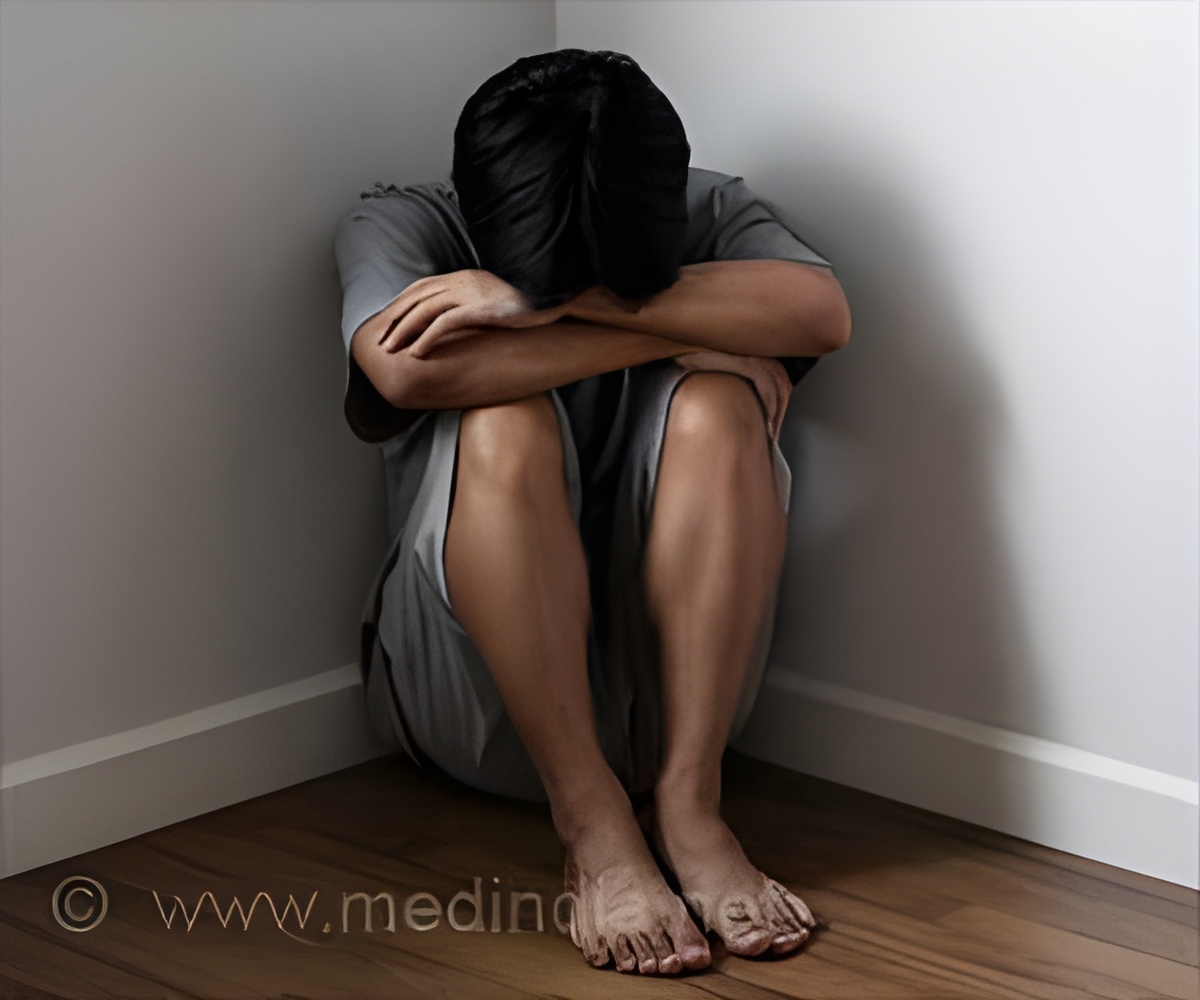Getting fewer hours of sleep or staying up late most nights can increase the risk of depression, a new study suggests.

‘New advanced wearable technology allows to study the behavioural and physiological factors of mental health, including sleep with more accuracy.’
Read More..




"These findings highlight sleep consistency as an underappreciated factor to target in depression and wellness," said researcher Srijan Sen from the University of Michigan.Read More..
"The work also underscores the potential of wearable devices in understanding important constructs relevant to health that we previously could not study at scale," Sen added.
For the study, the team used data from direct measurements of the sleep and mood of more than 2,100 early-career physicians over one year.
The study is based on data gathered by tracking the participants sleep and other activity through commercial devices worn on their wrists and asking them to report their daily mood on a smartphone app and take quarterly tests for signs of depression.
Those whose devices showed they had variable sleep schedules were more likely to score higher on standardized depression symptom questionnaires, and to have lower daily mood ratings, the researchers said.
Advertisement
"The advanced wearable technology allows us to study the behavioural and physiological factors of mental health, including sleep, at a much larger scale and more accurately than before, opening up an exciting field for us to explore," said researcher Yu Fang from the varsity.
Advertisement
Source-IANS












